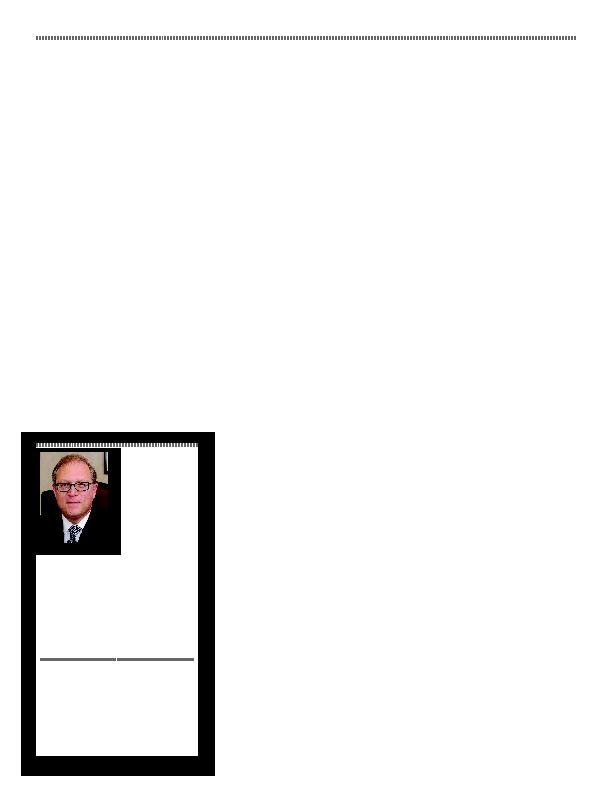
Financing Agreements
the United States have long prohibited
anyone other than a lawyer from holding
an ownership interest in a law firm. As
a result, a U.S. law firm must consist
exclusively of attorneys. This differs from
the practice in many other countries,
where law firms may be part of an
integrated enterprise including other
professionals. The U.S. ethical rules also
prohibit what is termed "fee-splitting" of
attorneys' fees with a non-lawyer. These
rules have been interpreted to prohibit
dividing legal fees between attorneys
and non-attorneys, even including non-
attorneys who may assist with operating
the law firm or with a specific legal
matter.
unlike in many European, Asian and
Latin American legal systems, is the
mass tort action. In this type of litigation,
a group of people with similarly
caused injuries join together to pursue
their claims in a single litigation or a
consolidated group of litigations. Another
legal institution more common in the
United States than elsewhere is the
contingent-fee litigation, in which an
attorney represents a plaintiff or group
of plaintiffs, with the understanding that
the attorney's fee will be a percentage of
the plaintiffs' recovery.
Most mass tort cases are also
contingency-fee cases. Since these cases
are often protracted and difficult, the
law firms that specialize in handling
them often have cash-flow issues. For
example, a group of plaintiffs may wish
to file a meritorious case asserting that
they have suffered serious injuries, and
alleging tens or hundreds of millions of
dollars in collective damages. But almost
invariably, the individual plaintiffs will
be unable to pay any legal fees except
as a share of the ultimate recovery.
Indeed, the plaintiffs may not even be
able to cover the day-to-day operating
expenses of running the litigation, such
as discovery expenses and experts'
fees. If the law firm ultimately succeeds
in proving or settling the case, it will
eventually collect enough money to pay
all its expenses and, if it selects its cases
well, earn a lucrative legal fee. But the
time between when an injured plaintiff
walks in the door and when his or her
case is resolved will usually be measured
in years. A law firm may be able to cover
the costs of one or two such cases but
usually need some form of financing
arrangement with a lender to cover its
cash flow needs between judgments or
settlements and paydays.
By now, many lawyers are familiar
with third-party litigation funding
entities. These are entities that are
willing to invest in a pending or proposed
litigation, in return for a share of the
recovery if the case is successful (and
with no expectation of recovery if
the case is unsuccessful). However,
as litigation becomes more complex
and expensive and law firms' overall
cash flow needs increase, new forms
of litigation funding are developing
to finance the law firms themselves,
particularly mass-tort or class-
action firms handling virtually only
contingency-fee matters. In one type of
funding arrangement, similar to factor
lending, the lender agrees to make a line
of credit available to the law firm. The
firm may draw upon the line of credit to
fund its operating expenses. The lender
is entitled to be repaid its principal, plus
interest, plus in some cases a portion of
the law firm's revenue.
This new form of law-firm-funding
plays a valuable role in making it
possible for law firms specializing in
mass-tort and class action cases to pursue
these cases on behalf of plaintiffs who
will often have sound legal claims, but
where neither the plaintiffs themselves
nor their lawyers have the funds to pursue
them. However, the legality of such
funding arrangements is being challenged
on the ground that they represent a
sharing of fees between the lawyers and
the non-lawyer funding entity.
practice group. He has extensive experience
representing parties in complex commercial
litigations and, in particular, in business,
securities and real estate controversies.
360 Lexington Avenue, 14th Floor
New York, New York 10017
212.922.9335 Fax
ganfershore.com